
Stories by William DeKay

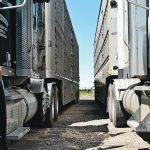
Livestock transporter course now updated
Initiative focuses on humane handling and ethical behaviour as well as effects on end product quality
Overseen by Animal Health Canada since 2020, the certification program provides a training course for livestock and poultry transporters, shippers and receivers.
Ukraine ag industry could benefit from more family farms
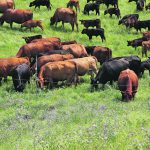
Bunt actions establish herd hierarchy
Producers can use how individuals in a herd organize themselves socially to improve the time it takes to work them
“If we learn how to position ourselves while applying and releasing pressure correctly, we can speed up processing times without the need for a large investment in time or money,” said Steve Langrell of Woodlands, Man. , a cattle handling expert with Arrowquip.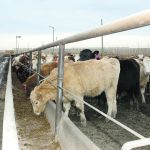
Feeder steer boom cuts into bull supply
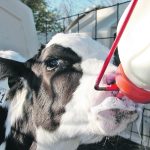
Bottle-fed bulls can grow up to be mean
Hand-rearing dairy bull calves in isolation contributes significantly to their behaviour toward humans as adults
Studies have showed that rearing conditions are the key to creating safe or dangerous bulls.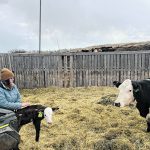
One-minute spa treatment can boost calf health
Newborn calves massaged for one minute needed fewer health treatments in the first 30 days and were heavier at weaning
The project is headed by Dr. Désirée Gellatly, a research scientist at the Olds College Technology Access Centre for Livestock Production. She first saw the benefits of hands-on massage in her native Brazil as part of a research group studying ways to improve productivity, health and welfare in Zebu dairy calves.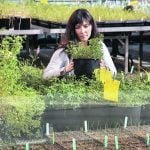
New U of S researcher tackles forage
Beef industry research chair in integrated forage management addresses concerns raised by the beef, forage industries
The beef industry research chair position was created to help address concerns raised by the beef and forage industries.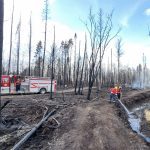
Alberta calls for citizen firefighters
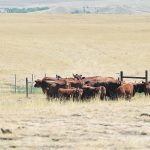
Body position key to cattle handling
An understanding of body position relative to the animals called key to reducing pressure and keeping the situation calm
Lee Sinclair of Merck Animal Health said an understanding of body position relative to the animals is key to reducing pressure and keeping the situation calm.



